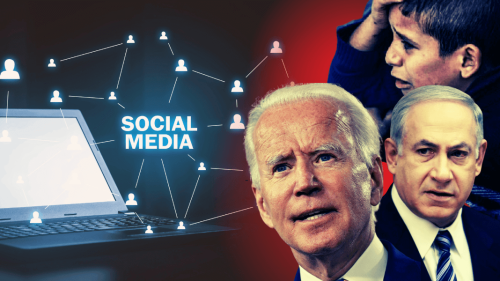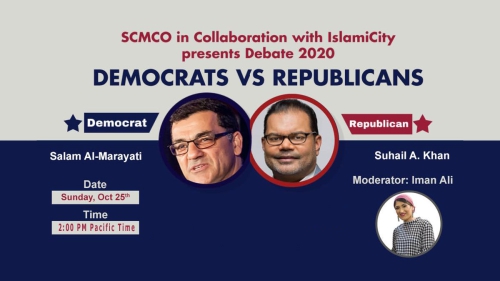Undoing the Abuse of Lobbying in the U.S.
Lobbying by pressures groups is perhaps the single most dominant influence on the U.S. government now. Lobbying seems to have deterministic effects on policymaking and policy implementation regardless of the wishes of lawmakers themselves and the people they represent.
According to J. P. Gunning in the book Understanding Democracy: An Introduction To Public Choice (1999), the term 'lobbying' is "derived from the early days of the U.S. Congress. During recess or before legislators' meetings began, people who expected to gain or lose from a particular bill used to visit the lobbies of the buildings in which the two houses of Congress met. Their goal was to influence legislators. As time passed, such people turned more and more to hiring professionals to perform this service for them. These professionals were given the name 'lobbyist' and their activity was called 'lobbying.'"
Currently, lobbying is a ubiquitous phenomenon. It has become an industry that offers services to a variety of different clients in Washington, D.C., using rhetorical and material resources worldwide. Lobbyists no longer confine their activities to the buildings where legislators meet. They visit legislators' offices, invite them to parties and retreats and offer lucrative pay for their lectures. Conducted interpersonally and via media, lobbying is used and abused by the interest and pressure groups.
As Francis Fukuyama recently argued in his book The End Of History And The Last Man (1992), if liberal democracy has evolved as the final form of human government, then lobbying is perhaps a sign of "mature" democracy. Even so, lobbying is also a stigma and insult to the popular governance, as it contributes to gross injustice resulting from lobby-influenced policies.
Indeed, U.S. domestic and foreign policies reflect the raw influences of pressure groups. Domestically, the U.S. government has failed to minimize what economists call market failures, i.e., special cases in which conditions of production and trade in the market economy cause consumers to be worse off or not as well off as they could be. The government has failed to curb what INFACT, a national grassroots organization (lobby), calls "life-threatening abuses by transnational corporations," primarily as a result of lobbying. In the book Democracy in an Age of Corporate Colonization: Developments in Communication And The Politics of Everyday Life (1992), Rutgers University Professor of organizational communication Stanley Deetz explains this phenomenon as corporate colonization -- the overwhelming influence that the corporations exercise in public life.
In the matter of foreign policy, too, the U.S. has served the interests of the giant corporations at the expense of the interests of the majority of people within and outside the United States. Failure to rein the malpractices of giant oil companies, for example, led to the irresponsible oil exploration and devastation of the environment many countries including Nigeria.
Perhaps the most outrageous influence of lobbying on the U.S. government is reflected in its blind and unconditional support for the state of Israel at the expense of the U.S. citizens' financial interests and relationships with the people of the developing world as well as the Muslim world. As the Editor of The Washington Report on Middle East Affairs, Richard Curtiss illustrates, "Between 1949 and 1998, the U.S. gave to Israel, with a self-declared population of 5.8 million people, more foreign aid than it gave to all of the countries of sub-Saharan Africa, all of the countries of Latin America, and all of the countries of the Caribbean combined with a total population of 1,054,000,000 people."
According to Curtiss, every Israeli family of five has received a welfare assistance of $116,205 regardless of their financial need.
Fortunately and unfortunately, the key to undoing such gross injustice that result from the influences of lobbying must be sought within the framework of lobbying itself. The First Amendment to the U.S. Constitution guarantees the freedom of lobbying, for good cause or bad. Currently, there is hardly any policy that isn't engineered or isn't resisted by lobbyists. Even the rules guiding lobbying practices, especially as reflected in campaign finance, must be subject to the influence of lobbying. Recent successes by many grassroots groups in influencing policy raise hope that lobbying in favor of social justice may eventually succeed even though the perpetrators of injustice do not want it.
Mohammad A. Auwal is an assistant professor in the Department of Communication Studies at California State University, Los Angeles and is a regular columnist for iviews.com

















